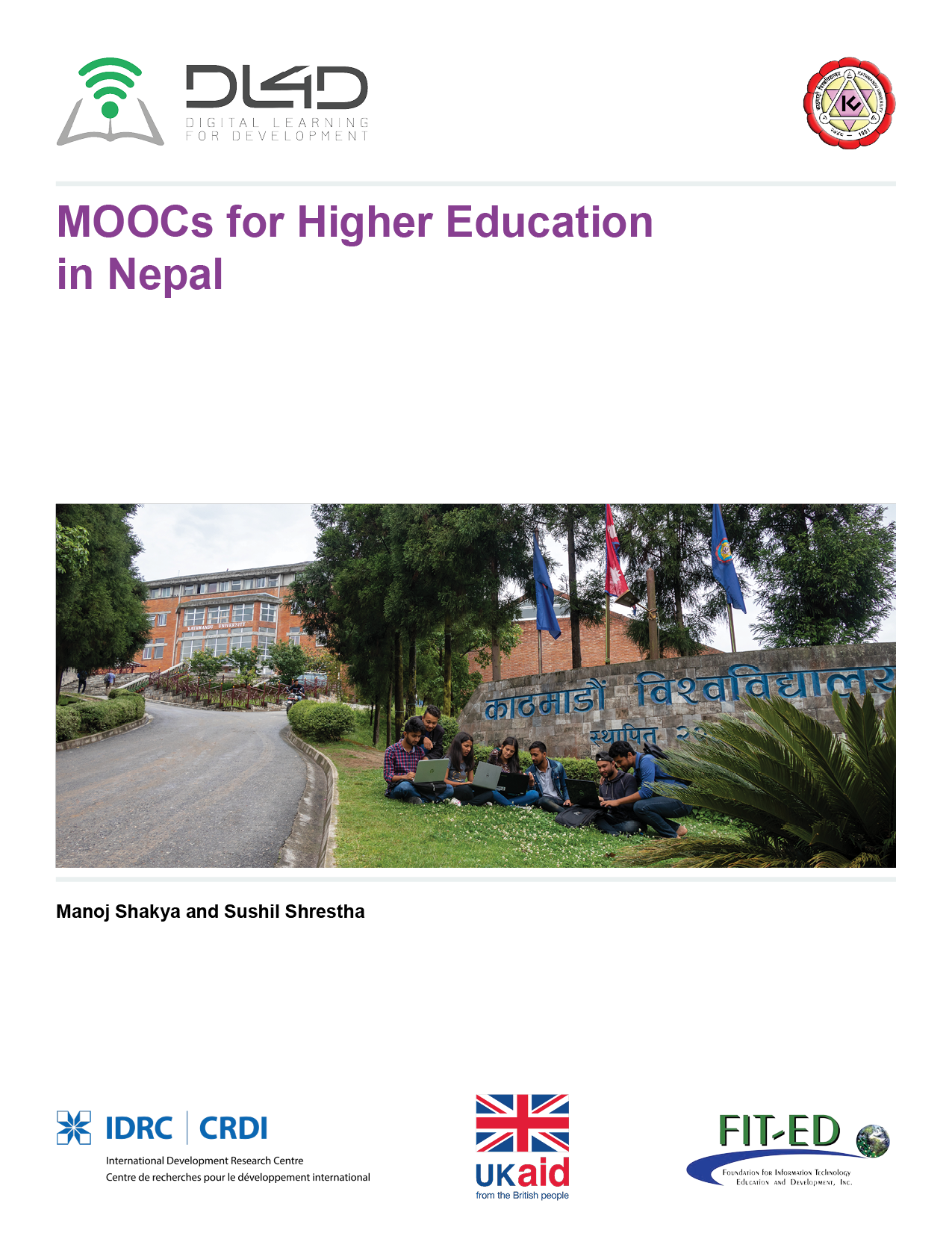MOOCs for Higher Education in Nepal
Abstract
MOOCs for Higher Education in Nepal
MOOCs for Higher Education in Nepal

Massive Open Online Courses (MOOCs) have become a global phenomenon, with universities around the world collaborating to provide MOOCs on a wide variety of subjects. Universities from developed countries like America and Australia have been offering MOOCs for various reasons. For developing countries like Nepal, however, it is a challenge to join the MOOC movement. Learners in developing countries have to cope with problems related to technology infrastructure, financial support, policy support, and technical skills which serve as barriers to enrolment in MOOCs, as well as delivery of local MOOCs. This study explores the prospects and challenges of offering MOOCs in Nepal through piloting a MOOC on basic programming. The course, which was offered by Kathmandu University, is the first locally developed MOOC in the country.
Based on interviews with education administrators and a survey of teachers and college students in four regions in Nepal, the study found that digital literacy among students and teachers is high. Although they were not aware of MOOCs, students and teachers expressed a strong willingness to participate in digital learning in general, and MOOCs in particular. Administrators were also positive about implementing and supporting the MOOC movement in their respective institutions, noting that the lack of expertise to teach specific courses can be addressed with the help of MOOCs. However, the data collected from participants in two pilot offerings of the MOOC on basic programming revealed that slow Internet access and lack of time are constraints to MOOC participation and completion.

